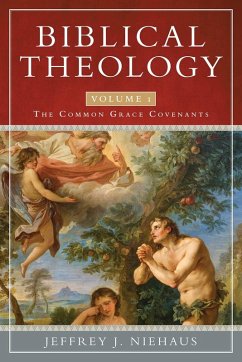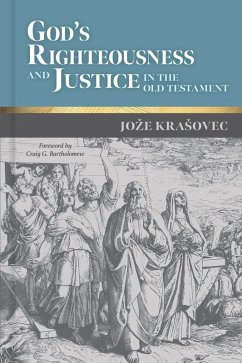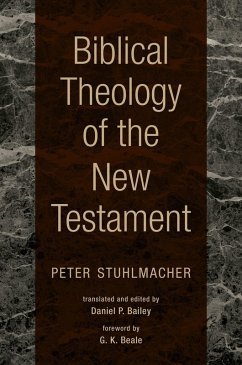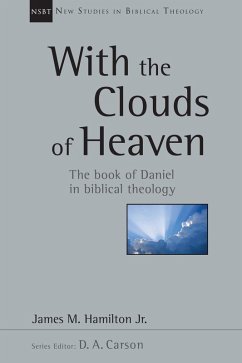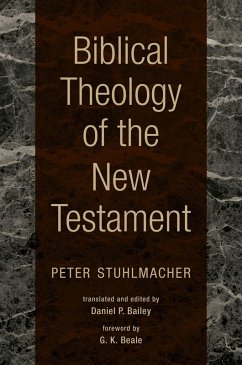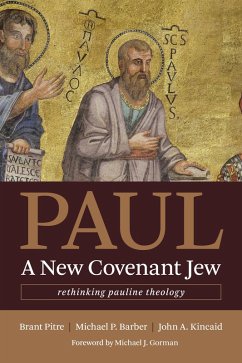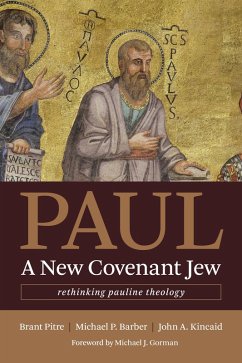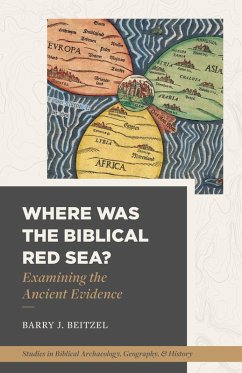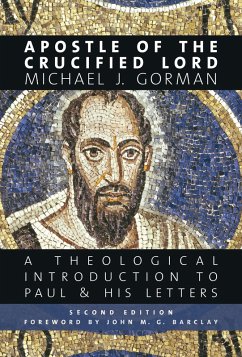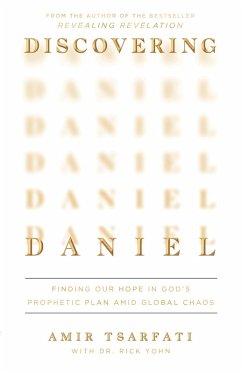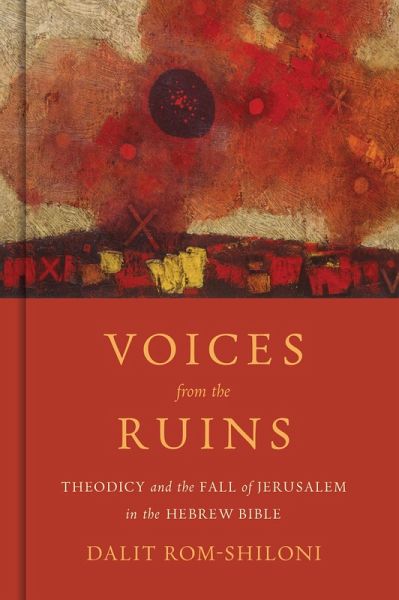
Voices from the Ruins (eBook, ePUB)
Versandkostenfrei!
Sofort per Download lieferbar
60,95 €
inkl. MwSt.
Weitere Ausgaben:

PAYBACK Punkte
30 °P sammeln!
Where was God in the sixth-century destruction of Jerusalem? The Hebrew Bible compositions written during and around the sixth century BCE provide an illuminating glimpse into how ancient Judeans reconciled the major qualities of God-as Lord, fierce warrior, and often harsh rather than compassionate judge-with the suffering they were experiencing at the hands of the Neo-Babylonian empire, which had brutally destroyed Judah and deported its people. Voices from the Ruins examines the biblical texts "explicitly and directly contextualized by those catastrophic events"-Kings, Jeremiah, Ezekiel, La...
Where was God in the sixth-century destruction of Jerusalem? The Hebrew Bible compositions written during and around the sixth century BCE provide an illuminating glimpse into how ancient Judeans reconciled the major qualities of God-as Lord, fierce warrior, and often harsh rather than compassionate judge-with the suffering they were experiencing at the hands of the Neo-Babylonian empire, which had brutally destroyed Judah and deported its people. Voices from the Ruins examines the biblical texts "explicitly and directly contextualized by those catastrophic events"-Kings, Jeremiah, Ezekiel, Lamentations, and selected Psalms-to trace the rich, diverse, and often-polemicized discourse over theodicy unfolding therein. Dalit Rom-Shiloni shows how the "voices from the ruins" in these texts variously justified God in the face of the rampant destruction, expressed doubt, and protested God's action (and inaction). Rather than trying to paper over the stark theological differences between the writings of these sixth-century historiographers, prophets, and poets, Rom-Shiloni emphasizes the dynamic of theological pluralism as a genuine characteristic of the Hebrew Bible. Through these avenues, and with her careful, discerning textual analysis, she provides readers with insight into how the sufferers of an ancient national catastrophe wrestled with the difficult question that has accompanied tragedies throughout history: Where was God?




